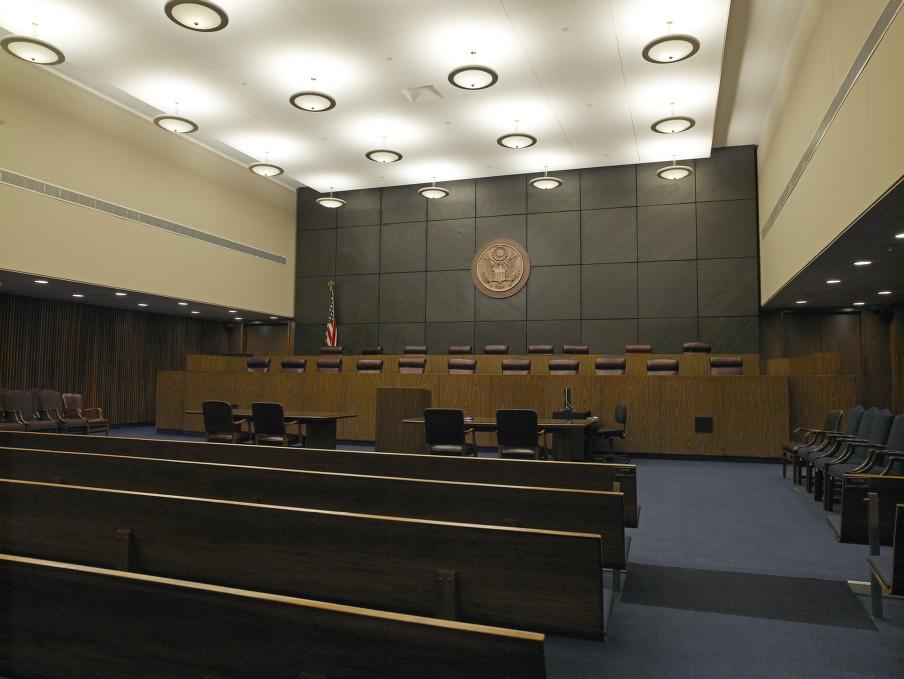HELENA — Montana Attorney General Austin Knudsen led a 23-state coalition in filing an amicus brief challenging a Delaware school district’s policy that allows officials to withhold information about students’ gender identity decisions from parents.
The brief, filed Monday in the case of Heaps v. Delaware Valley Regional High School Board of Education, supports Christian Heaps, a father who sued to overturn the school board policy. The coalition asks the Third Circuit Court of Appeals to reverse a lower court’s decision and restore parental authority in children’s upbringing.
“The district’s policy upends centuries of natural and constitutional law. The policy gives ultimate decision-making authority to children and displaces parents of their longstanding, primary role in ensuring their child’s safety and well-being,” Knudsen wrote in the brief. “In doing so, the district grants itself control over managing the child’s gender confusion or dysphoria – a role it has neither the qualifications, rights, nor emotional interest in serving.”
The legal challenge comes as Montana has faced its own controversies over parental rights and government intervention in families, including the ongoing Kolstad case where state officials removed a teenager from her family over disagreements about transgender issues.
According to court documents, Heaps’ daughter is diagnosed with Attention-Deficit/Hyperactivity disorder, high-functioning autism and anxiety. She also saw a therapist to address her gender confusion. Heaps and her doctors developed a healthcare plan to address her “underlying trauma and psychiatric comorbidities.”
However, the school secretly promoted his daughter’s “social transitioning,” as allowed by school board policy, actively undermining Heaps’ efforts at home to help her heal, according to the brief.
The Montana-led coalition argues that the district court’s decision violates parental rights protected by the Due Process Clause. The brief notes that the U.S. Supreme Court has repeatedly grounded the common-law right of parents to direct the care and custody of their minor children in the “liberty” protected by the Fourteenth Amendment.
The states contend that children lack the capability to make life’s complicated decisions like adults, which is why they cannot vote or enlist in the military without parental approval. Additionally, no medical organization recommends subjecting children to social transition without parental knowledge because of the severe and often irreversible effects of such transition, according to the brief.
“The right of parents to direct the care and custody of their children is perhaps the oldest of the fundamental liberty interests recognized by the Supreme Court. But the right preexists the constitution itself and is an intrinsic human right,” the brief states.
The amicus brief criticizes what it describes as a national trend of school districts excluding parents from key decisions about their children’s education and welfare. The coalition argues that such policies violate deeply rooted parental rights and lack constitutional justification.
Alabama, Alaska, Arkansas, Florida, Georgia, Idaho, Indiana, Kansas, Louisiana, Mississippi, Missouri, Nebraska, North Dakota, Ohio, Oklahoma, South Carolina, South Dakota, Tennessee, Utah, Virginia, West Virginia and the Arizona Legislature joined Montana in filing the brief.
The case centers on whether school districts can implement policies that allow students to socially transition their gender identity at school without parental notification or consent. The Third Circuit Court of Appeals will consider whether such policies violate constitutional parental rights.
The brief argues that parents have both the right and responsibility to make decisions about their children’s medical care, education and overall welfare. The coalition contends that allowing schools to withhold information about gender identity issues undermines this fundamental relationship and exceeds the proper role of educational institutions.
Montana’s leadership of the coalition reflects the state’s ongoing commitment to protecting parental rights in education and healthcare decisions. The case could have broader implications for similar policies in school districts across the country.
